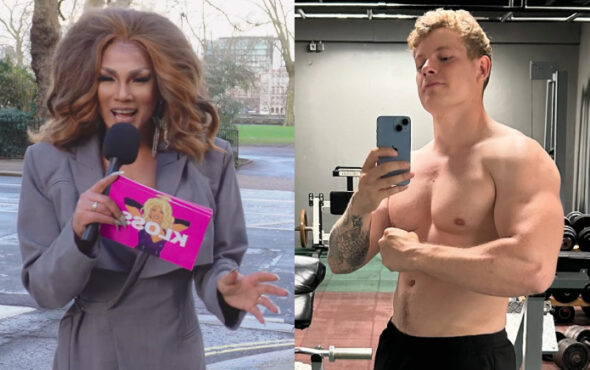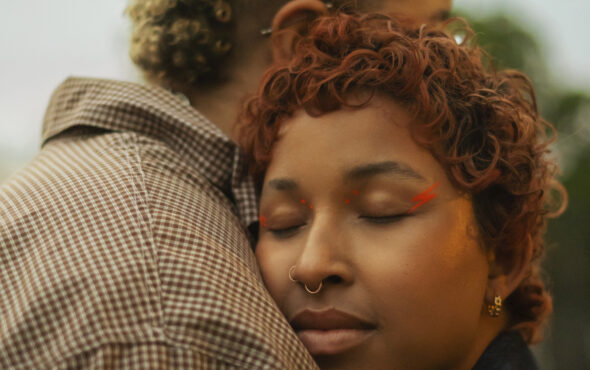
Quitting smoking can seem like a Herculean task. Since 2011 the number of the population who are smokers has fallen from 20% to 14% according to the Office for National Statistics.
The benefits of quitting are worth it. Along with the obvious ones (reduced risk of heart disease, lung cancer and chronic bronchitis), there are other more subtle changes that people may not know about. For example, quitting smoking can improve your sense of taste and smell, can make your skin look younger, may improve fertility, can reduce stress, and could even make your sex life better as giving up smoking improves the body’s blood flow to those all-important areas.
All of these can help to give smokers an incentive to quit, and as the figures demonstrate, it’s entirely possible to do it. Of course, it’s easy to know about the benefits of quitting smoking and read about other people who have quit – it’s much harder to actually do it yourself. But like work out sessions at the gym, studying and binge-watching marathons of your favourite TV show, it’s often more fun or productive to do it together with a friend. Why shouldn’t it be the same when quitting smoking?
In fact, studies have shown that people may have greater success when quitting if they do it with a friend or their social circle. In his famous Tales of the City novels and his brilliant memoir, the author Armistead Maupin differentiates between a person’s “biological family” and their “logical family, the one that actually makes sense for us”. Our chosen or logical family provides a sense of familial and community support that sometimes our biological family is either unable or unwilling to.
Chosen families aren’t a uniquely LGBTQ+ phenomenon. However, according to Stonewall’s “LGBT In Britain: Home and Communities” report, only half of LGBTQ+ people feel able to be open about their sexuality or gender identity with everyone in their families. It means that the people that we decide to surround ourselves with become extremely important as only with them can we be our full, authentic selves. For LGBTQ+ people, blood is not necessarily thicker than water.
Of course, your quit buddy doesn’t have to be LGBTQ+ – anyone you decide to give up with can still be valuable. There are also some great ways you can do it together, too. Committing to a date to quit is a good way to start as it gives you a clear point to begin. By sharing your reasons for quitting, you can also learn more about the person you’re quitting with and remind each other of why you’re both on this journey together when any pesky cravings start to set in.
Engaging in new activities that are smoke free together is another great way to keep each other on track. Whether it’s working out together or just going to a movie, socialising in a way that changes your regular routine could also help break the habit of smoking, while providing distractions from your cravings.
Still, if you and your pals love to go out, be it to the pub or the club, then inevitably there may be temptation to smoke. If you and your quitting buddy are together then it will be easier to abstain. Likewise, if your friends are no longer willing to pop out to the smoking area for fear of missing Rain On Me coming on in the club, then you might also feel more reluctant to miss out, too. It is a banger, after all.
Being in it together also means that you can both celebrate your successes and milestones at the same time. Having a mini-party or treating yourselves to a nice day out together not only marks the occasion but reminds you of all the positive implications of quitting and that you’re in it together. The importance of this sense of comradeship cannot be overstated – not only will you both understand what each other is going through, but you’ll be able to provide a safe space to listen and support each other should you encounter any hurdles.
Nevertheless, it’s important to remember that while you may be in it together, everyone’s journey of quitting smoking will be different. While this may be frustrating at times, keeping in mind that your end goal is the same should help smooth over any bumps in the road. Just ensure that neither of you nag or chastise each other, but instead are understanding, sensitive and accepting of each other’s journey.
Likewise, while you may be inspired to make as many changes as possible, don’t alter too much at once to make a successful and long-lasting difference. Taking up new hobbies might not be easy or accessible, and it may not be realistic to suggest that you won’t go out with friends on the weekends in order to avoid any potential triggers. Also, you may not want to eliminate that part of your life – after all, for LGBTQ+ people the dancefloor is a holy space, consecrated since the era of disco dancing and Donna Summer.
Quitting smoking with a friend could definitely help you give up for good. Paired with the NHS’s stop smoking services you’re likely to land on meaningful and impactful ways to give up smoking forever. In fact, research shows that if you quit for 28 days, you are five times more likely to quit smoking for good. Pairing the NICORETTE® lnvisiPatch along with either the NICORETTE® Gum, NICORETTE® Cools Lozenge or NICORETTE® QuickMist Mouthspray may make you more likely to quit* compared to just using a single nicotine replacement therapy product. Whether you’re thinking of quitting smoking with a friend or going it alone, stopping is the best thing you can do for your own health – and the health of people around you. Thankfully, it’s never too late to quit. For additional support to help you quit try NICORETTE® at Superdrug today.
*Vs willpower alone. Nicorette® contains nicotine. Stop smoking aid. Requires willpower. Always read the label. UK-NI-2100504


